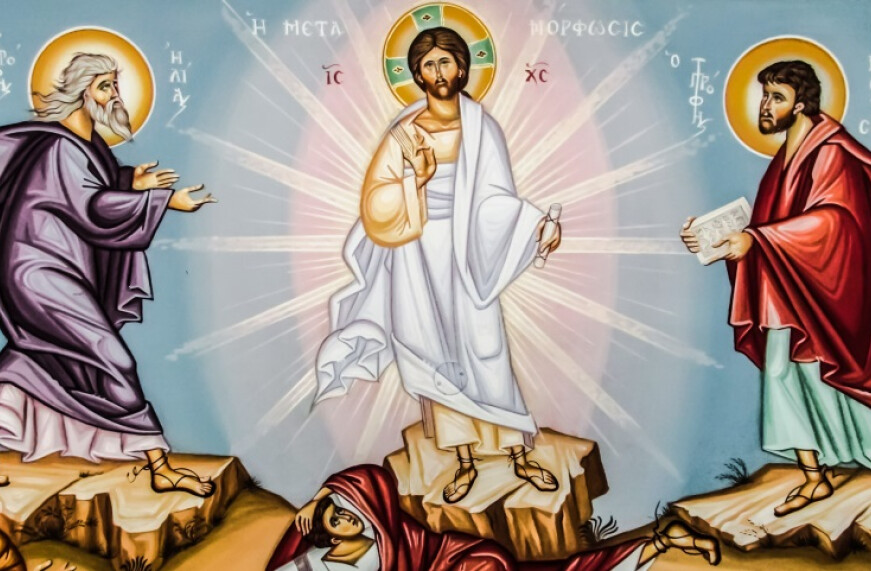Only All for Jesus

Every day, I begin my day in prayer. The routine is very simple but well-rehearsed. It is the same prayer I have had for the last nine years. As part of my routine, I pray that I be the vessel by which the Lord fulfills His work. It is a prayer of surrender. Surrendering is not new to me, I have lived my life in surrender to Jesus Christ since I was sixteen years old. When I get that "feeling" it usually falls in line with a moment of change, a moment of conversion at the climax of surrender. We are meant to go through multiple conversions throughout a lifetime as we grow into a deeper relationship with Jesus by surrendering to His will. I recently had one of those moments that moved me deeper into conversion resulting, once again, into surrendering. It is then that I started having that "feeling". I am now left waiting to see what the "feeling" is going to bring. Since my announcement to transition out of the principalship, many have asked what I am doing next. I truly do not have a “next”. I am open to the will of the Father. He will make my path clear but until then, I am here.
Many Saints write about conversion and surrender, as it is a pathway to holiness. St. Mother Teresa of Calcutta would say, "We have to love until it hurts. It is not enough to say I love. We must put that love into a living action. And how do we do that? By giving until it hurts". This loving until it hurts is conversion. It is surrender because it is counter-cultural. St. Faustina brought us the depiction of surrender through the image of the Divine Mercy and the simple yet powerful prayer "Jesus, I trust in you!" Releasing oneself to the will of the Father is liberating yet terrifying.
It is not enough to say yes to God when he has called us for himself. It's very important to put that “yes” into a living action. And how do we put that into a living action? By our total surrender to Him. We understand that He has chosen us for Himself - all that follows is that we allow Him to use us without consulting us. We are human beings and we like to know exactly what He wants, how He wants, and so on. But if we really want to be only all for Jesus, it is important that we give Him a free hand to do with us what He wants, as He wants. Only then can we really say we are only all for Jesus. - Mother Teresa of Calcutta, Thirsting for God, 2000.


